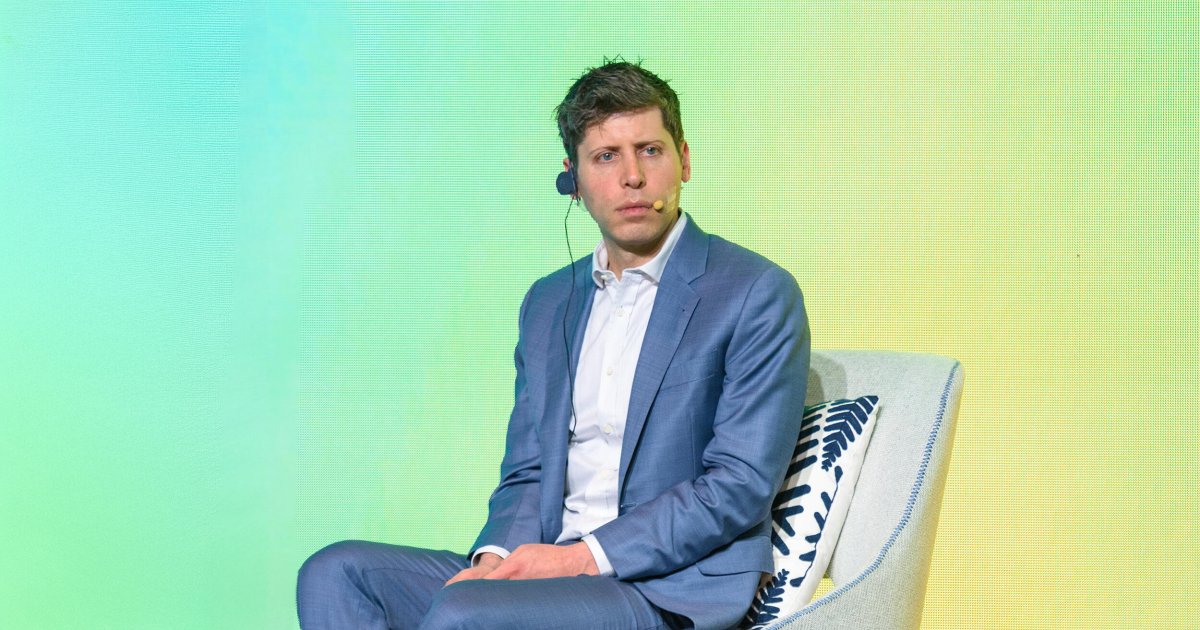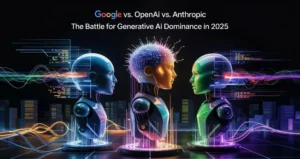OpenAI’s Journey After Parting Ways with Musk and Pursuing ‘Something Magical’

The Rise of OpenAI: Challenges and Transformations
In 2018, a conversation unfolded between Reid Hoffman and Sam Altman, pivotal figures in the tech industry, centered around OpenAI’s struggles. Altman expressed concerns that despite understanding their goal and mission, the organization faced significant hurdles. OpenAI, a project initially driven by some of the brightest minds in technology, was floundering. Their attempts included applying artificial intelligence to video games and developing robotic hands, but progress was hindered by a lack of direction.
The Role of Elon Musk
Elon Musk, a co-founder of OpenAI, had significant influence over its direction. His perspective on artificial intelligence was starkly different from other tech leaders like Google’s Larry Page. While Page viewed AI as a means to uplift humanity, Musk foresaw risks which could threaten our existence. The friction between them culminated in public disputes, resulting in Musk pulling back his support for OpenAI. This was a substantial shift, as Musk’s investment was critical for the startup’s survival.
Turn of Events at OpenAI
Musk’s discontent led him to propose a drastic change: he wanted either a controlling stake in OpenAI or to absorb it into Tesla’s operations, integrating it with their self-driving technology initiatives. Altman was hesitant; he envisioned a future for OpenAI that maintained its independence and creativity. He declined Musk’s offer, leading to Musk’s departure from the organization and leaving OpenAI in a precarious position concerning funding.
Financial Struggles and the Startup Landscape
Even with Hoffman’s commitment of another $10 million to support OpenAI, financial constraints loomed. Initially, the tech startup environment was saturated with high costs related to hiring programmers and purchasing hardware. However, it evolved dramatically where globalization enabled companies to access talent at lower rates. By the mid-2000s, startups could scale affordably, relying on cloud computing to reduce overhead.
Yet, in the realm of AI, the landscape proved different. Companies like Google and Facebook competed fiercely for top AI talent, driving salaries to staggering heights. OpenAI’s offers to attract researchers reflected this trend; top experts could command salaries approaching $1 million annually. The steep increase in operational costs for AI startups created a stark contrast to previous tech booms.
The Breakthrough with Transformer Models
The quest for advanced models brought significant developments. In 2017, Google released the "Transformer" paper, introducing a new architecture for neural networks. This approach enhanced the ability of AI systems to understand context and respond in a more human-like manner. Implementing this system meant more sophisticated—yet costly—computational resources for training large language models.
Altman recognized this shift and the need for a strategic redesign of OpenAI’s structure. To meet escalating demands, he established a profit-oriented branch accountable to its nonprofit board. This transition aimed to attract investors while ensuring the organization’s core principles remained intact. They emphasized that the pursuit of groundbreaking AI systems required substantial investment.
Securing Investment and Future Growth
OpenAI outlined its funding strategy, detailing the necessity for investment in large-scale infrastructure capable of supporting powerful AI models. Hoffman’s previous support proved essential once again. He was approached to lead the funding round, providing a financial boost despite the organization lacking a traditional business or product strategy. The investment was seen as a speculative bet on their potential to foster significant advancements in AI.
This pivotal moment in OpenAI’s journey laid the groundwork for a future where AI could reach its full capabilities. By creatively restructuring their approach to funding and focusing on innovative technology, OpenAI continued to push the boundaries of artificial intelligence development.





